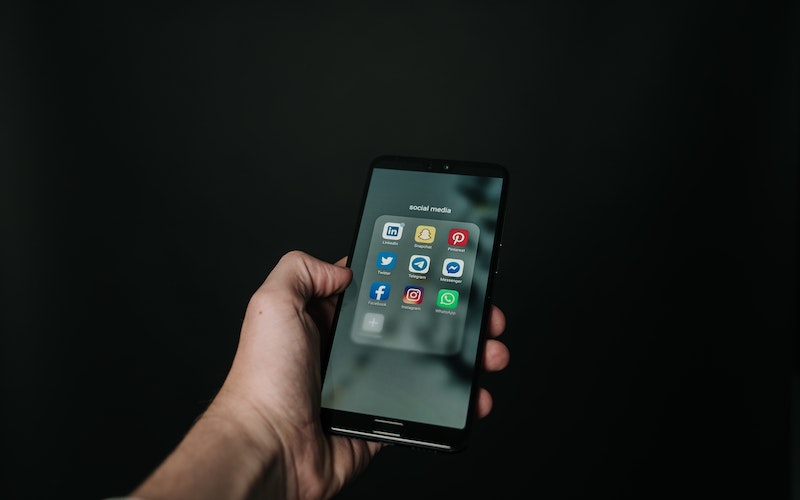Social media clout is not worth your professional license
The reach of social media has revolutionized communication and networking, offering us ways to connect, share insights, and become more visible to the public. While social media has benefited many people, the same things that make social media useful also make it a potential pitfall.
Professionalism online is paramount when with a click of a button, you have the ability to connect to millions of people. Online posts and blogs should be treated even more carefully if you are licensed by IDFPR. Even the most innocuous posts, comments, or interactions on social media platforms can lead to the State digging deeper into your practice and marketing efforts.
Amid a license investigation, all your actions and words can be used against you. Your social media engagement may be construed out of context or misconstrued, casting doubt upon your professional abilities. Even innocent statements or snapshots can be contorted to imply unprofessional conduct, thereby putting your license at risk.
The online persona you create can profoundly impact your credibility, reputation, and even legal standing to practice. Here are a few reasons professionals should be cautious before posting a video or comment.
Safeguarding Client Confidentiality
When undergoing license investigations, regulatory bodies meticulously scrutinize every facet of your professional demeanor, including your digital conduct. A seemingly innocuous post discussing a medical scenario without names can inadvertently undermine patient confidentiality. Sharing even inconsequential details about patient cases can lead to breaches in medical ethics and lawsuits.
For example, a plastic surgeon in Ohio named “Dr. Roxy” was well-known on social media. She amassed over 14 million likes and over 843,000 followers on TikTok.
What was the reason for her online success? She would livestream her surgeries to give patients and TikTok viewers access to her practice and to answer questions. These actions caught the attention of the Ohio license board, who warned Dr. Roxy twice that her conduct resulted in confidentiality breaches and risked her patients’ safety.
Despite receiving previous warnings from the State Medical Board of Ohio about patient privacy and ethical concerns related to her social media content, Dr. Roxy continued to post videos of live surgeries and procedures. Ultimately, she lost her license.
Avoiding Detrimental Comments Made About Customers or Patients
As a licensed professional, your actions are held to a loftier standard within and beyond your workspace. Social media platforms often foster informal interactions, but what may be construed as friendly banter amongst acquaintances can be misinterpreted when your professional demeanor is examined.
In Atlanta, several labor and delivery nurses followed the latest trend where users publicly list their “icks” or things that bother or annoy them. In the video, the nurses complained about and mocked the questions patients would ask them, including when patients would ask about hygienic practices, choice of medication, and even when they wanted to know how much their babies weigh.
The choice to post this material ultimately cost them their jobs with the hospital and will undoubtedly follow them through their career.
Amid a license investigation, all your actions and words can be used against you. Your social media comments may be misconstrued, casting doubt upon your professional integrity. Innocent statements or snapshots can be contorted to imply unprofessional conduct, thereby jeopardizing your case.
Upholding Your Professional Reputation
Participating in online disputes, making contentious statements, or sharing unsuitable content can tarnish your standing within the medical community and with your patients.
Even sharing or liking unfamiliar content can come with its risks. Whether it’s a controversial person or a controversial medical opinion, these activities can weigh on your professional image. For instance, one study found that misinformation and false health news were prevalent on social media. The study found that 40% of the most frequently shared links contained text they classified as fake news and were shared more than 450,000 times!
Conclusion
Your digital actions serve as an extension of your professional identity. Do not allow staff or marketing teams to post material you have not read and approved.
Call us if you’re uncertain about how your online presence might affect your licensure. At 1818 Legal, we understand the intricate legal problems that medical professionals encounter, and we can help you navigate your licensure issues.



